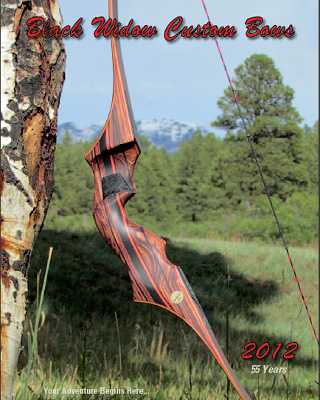 |
   |
 |


- Welcome to Trad Gang.
Does an R/D design shorten available draw?
Started by Zradix, November 05, 2016, 11:22:00 AM
Previous topic - Next topic0 Members and 1 Guest are viewing this topic.
User actions
Copyright 2003 thru 2025 ~ Trad Gang.com © |
